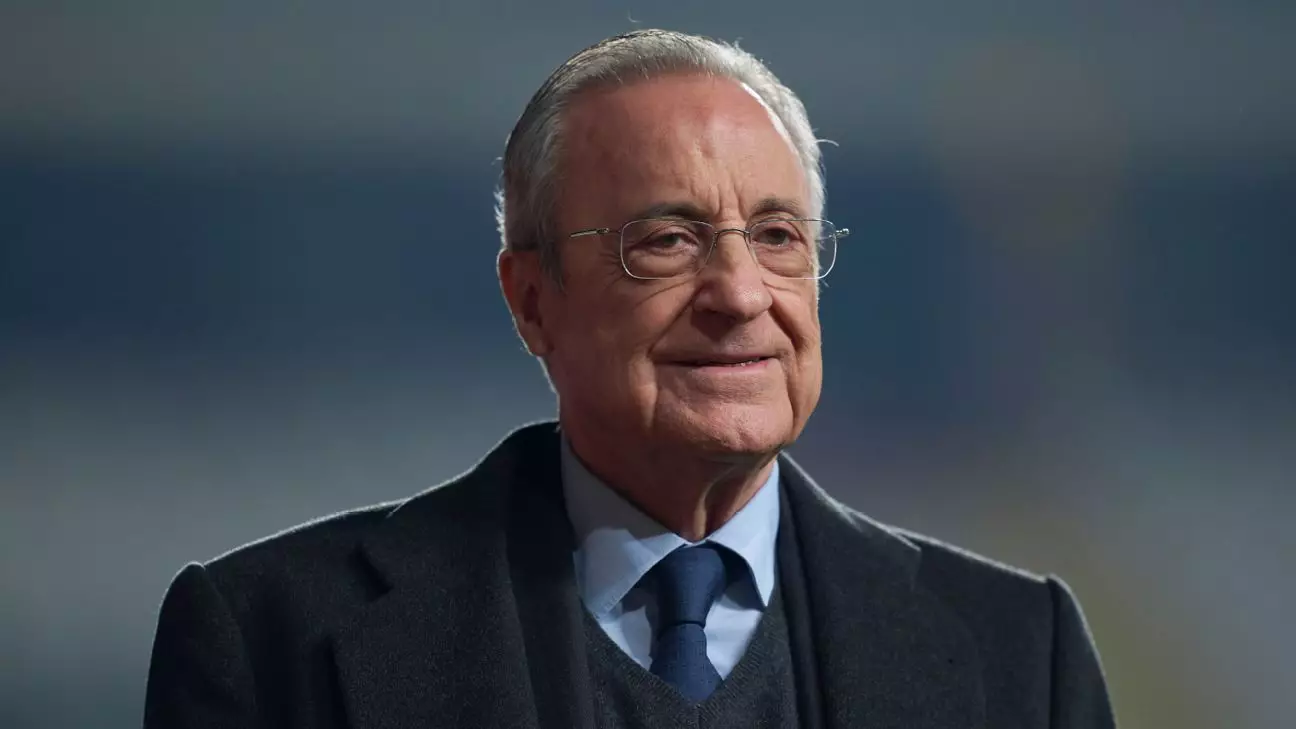Real Madrid is once again on the verge of an important chapter in its storied history, marked by the announcement of presidential elections. On Thursday, club president Florentino Pérez called for a board meeting scheduled for January 7, 2025, at 5:30 PM CET. This meeting is a critical juncture for the club as it will initiate the electoral process for the next four years. Pérez, who has led the club through two non-consecutive terms since 2000, has faced no opposition in his previous elections due to stringent entry requirements and his formidable reputation.
The pathway to candidacy in Real Madrid is not an easy one. Potential candidates must adhere to rigorous qualifications: they must have been club members for a minimum of 20 years and must personally guarantee 15% of the club’s annual budget. These stringent rules ensure that only individuals with a deep-seated dedication to Real Madrid and substantial financial backing can enter the political arena of the club. This exclusivity often deters many potential candidates, thereby allowing Pérez to secure his position unchallenged over the last few election cycles.
Florentino Pérez’s tenure at Real Madrid has been significant. He initially rose to prominence as part of the “Galactico” era, a time characterized by the acquisition of high-profile players that not only transformed the team but also elevated the club’s global brand. During his leadership, he has overseen the club’s ascendance to unparalleled heights, amassing a staggering total of 37 trophies, including six Champions League titles over the last decade. His legacy is defined not only by championships but also by the administrative acumen he has displayed through robust financial management and strategic player recruitment.
As the election approaches, questions loom regarding the future direction of Real Madrid. While Pérez’s reign has resulted in unprecedented success, there are murmurs about the need for innovative ideas amidst the changing landscape of football. The emergence of new financial powers and changing demographics in club ownership might pose challenges Pérez has yet to address fully. There is an anticipation that new candidates, if they emerge, could potentially rally support for an agenda focused on modernizing approaches to player development and fan engagement.
As Florentino Pérez prepares to initiate the election process, Real Madrid finds itself at a critical juncture. The upcoming meeting establishes a timeline not just for choosing a president but for determining the philosophical direction of one of football’s most iconic brands. Will Pérez continue to steer the ship with the same level of success, or will this election edge toward new perspectives and strategies that reflect a rapidly evolving sport? The answers will begin to unfold as the election process commences, setting the stage for the next chapter in Real Madrid’s illustrious narrative.
